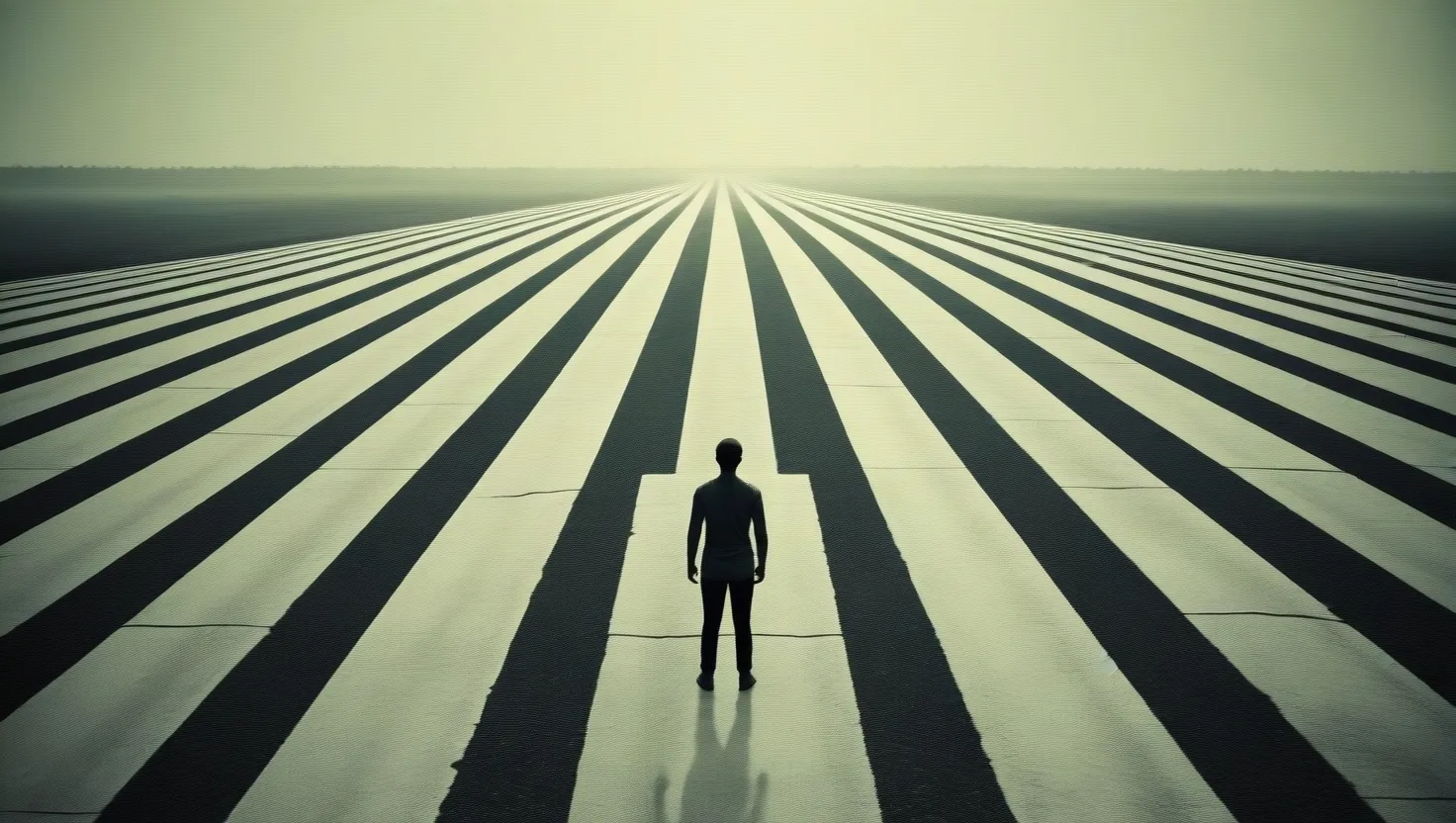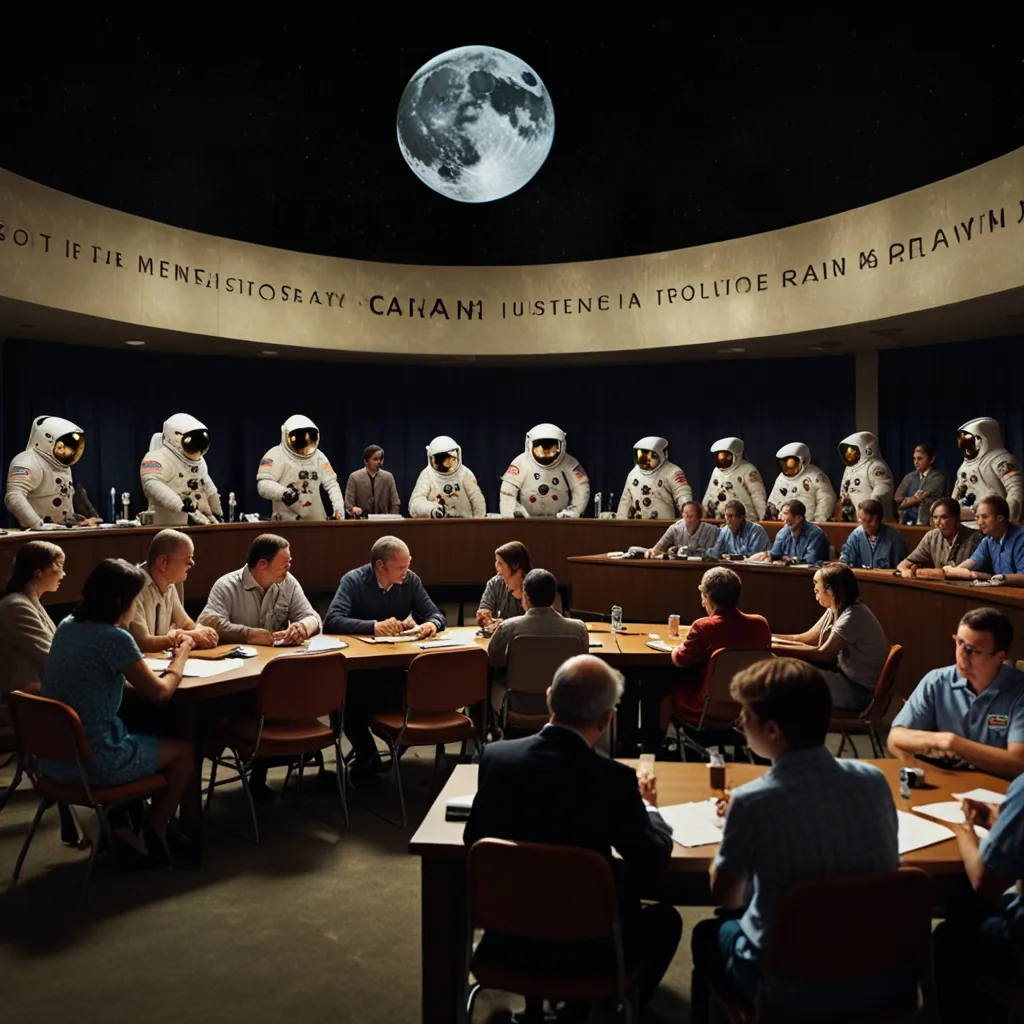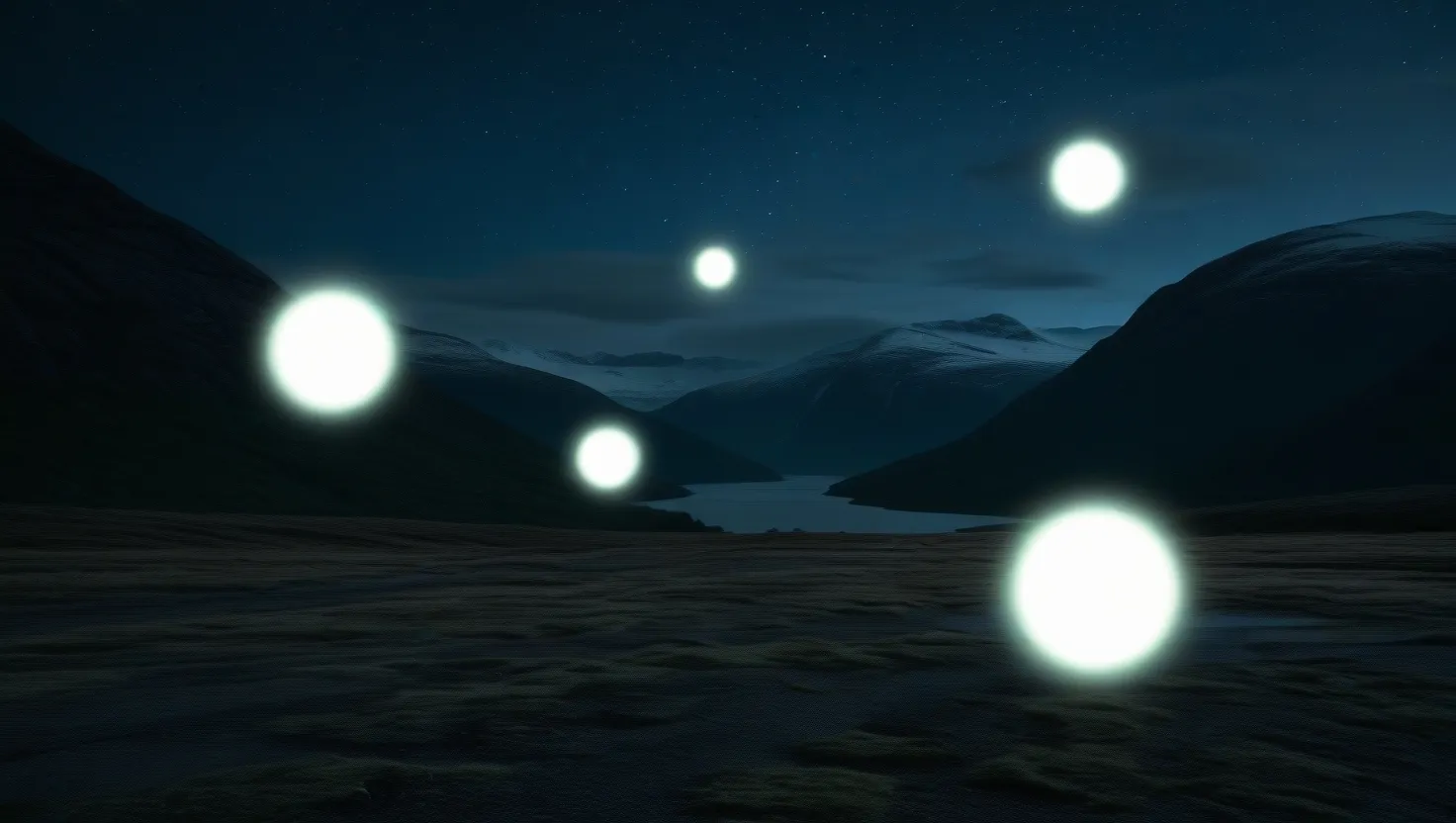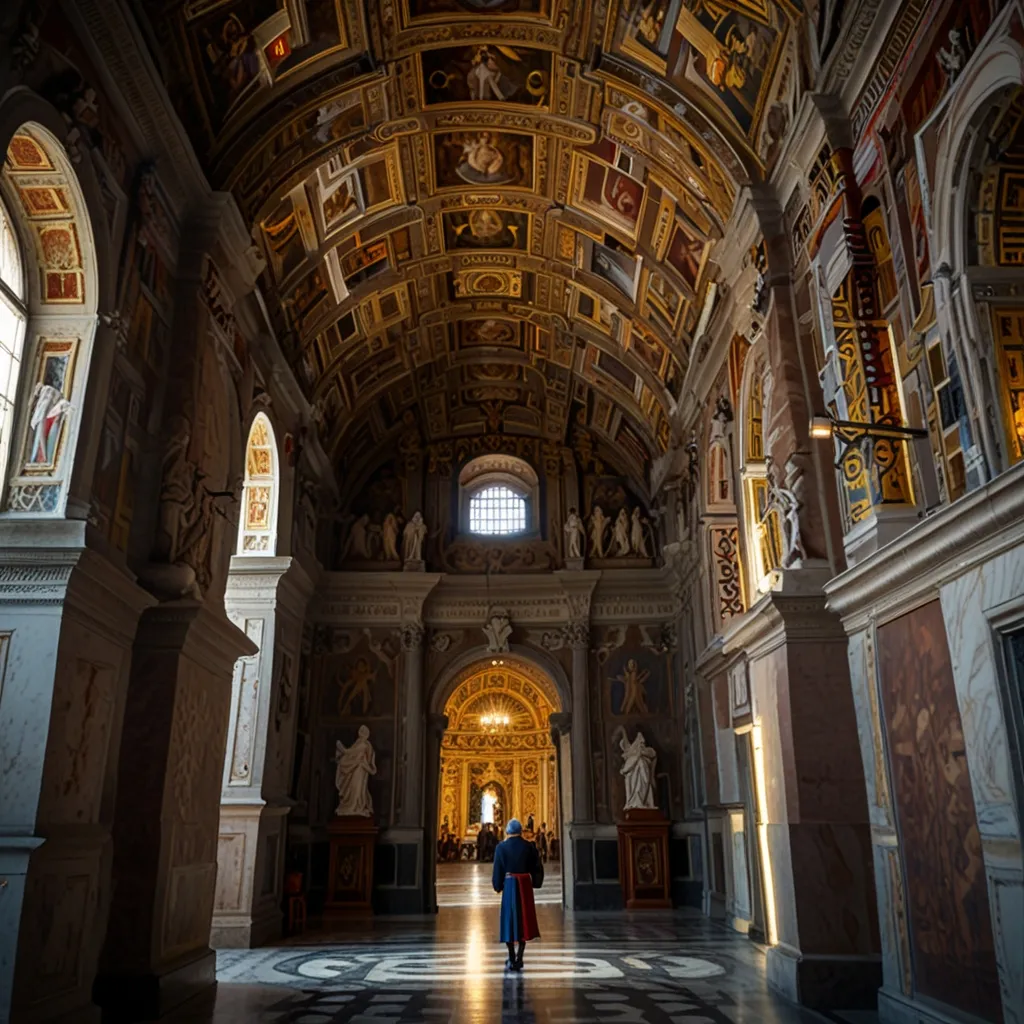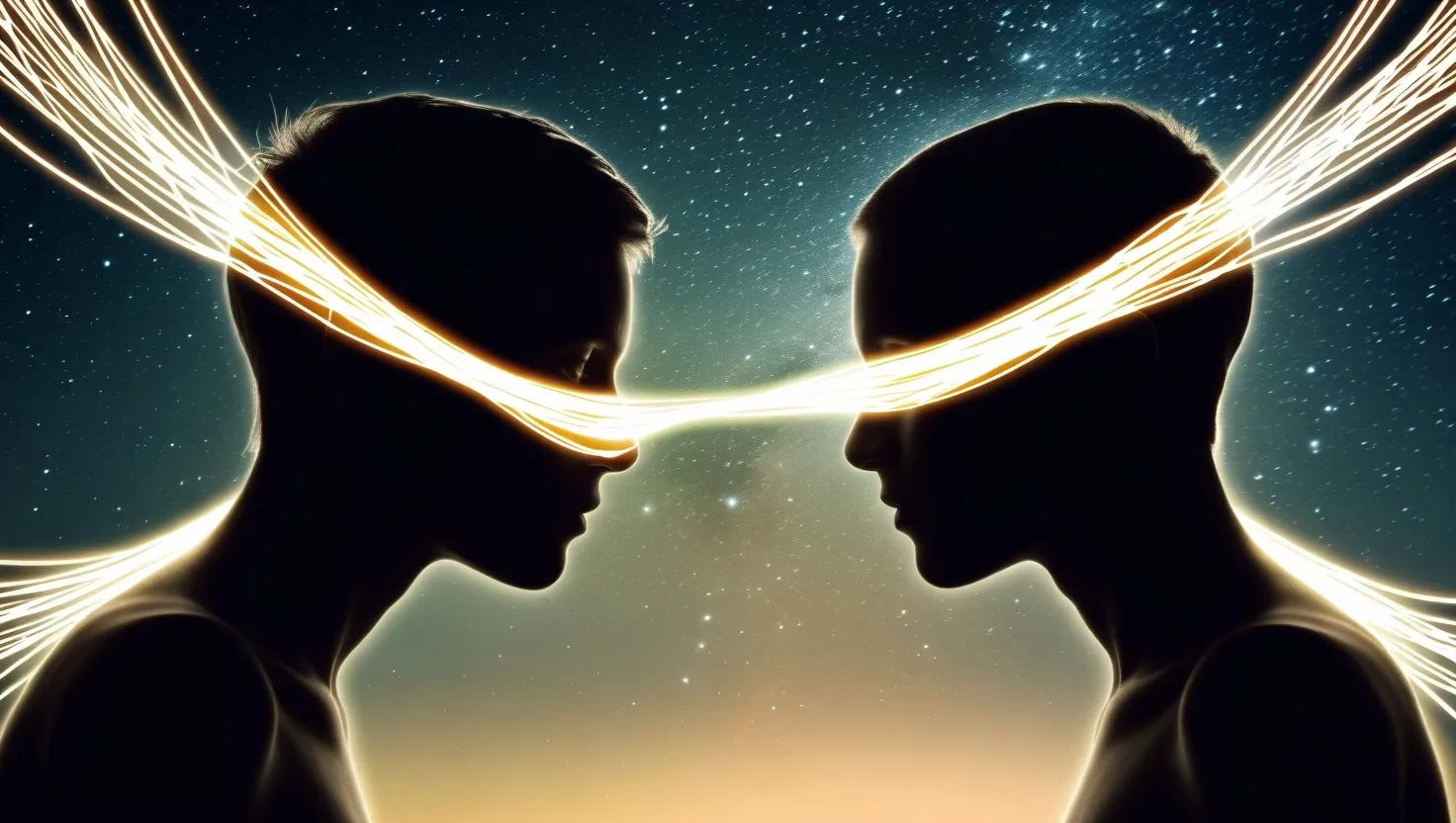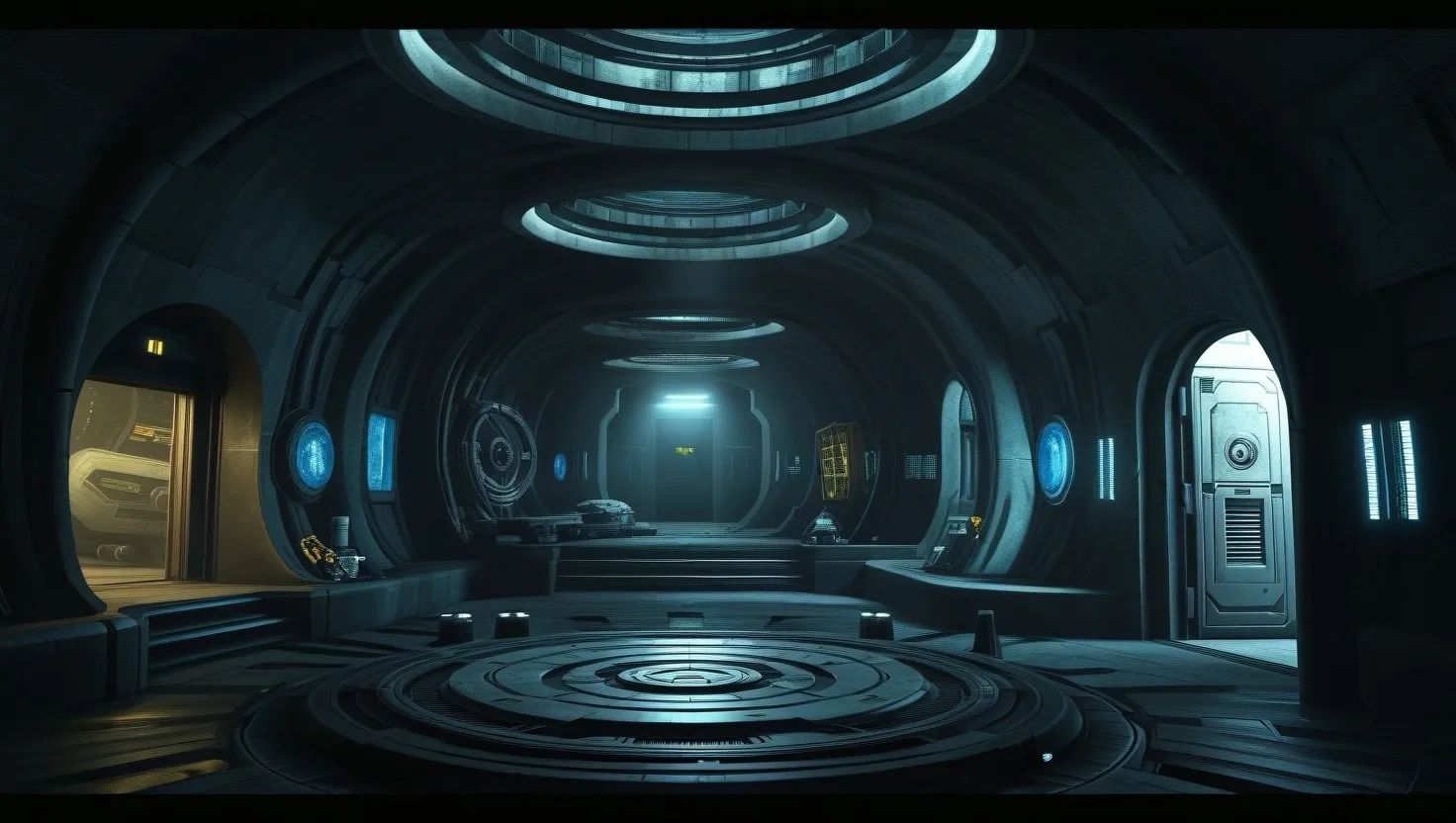Have you ever found yourself in a new place, only to feel an overwhelming sense of familiarity, as if you’ve been there before, even though you know you haven’t? This phenomenon, known as déjà vu, is a common yet mysterious experience that has puzzled people for centuries. While many attribute it to a simple neurological glitch, others propose more intriguing explanations, including the possibility that déjà vu could be a glimpse into parallel universes or alternate timelines.
The Neurological Perspective
Before diving into the more speculative theories, it’s important to understand the neurological basis of déjà vu. Research suggests that this feeling is closely tied to our brain’s memory systems, particularly recognition memory. Recognition memory allows us to recognize things we’ve seen or experienced before, such as a familiar face or a well-known song. Déjà vu is believed to be an example of familiarity-based recognition, where we feel a strong sense of familiarity without being able to recall the specific details of the past experience.
Studies have shown that déjà vu is associated with activity in the medial temporal lobe, specifically the hippocampus and the rhinal cortex, which are key regions for memory formation. French scientists have even found that electrical stimulation of these areas can trigger déjà vu episodes in patients with epilepsy.
The Predictive Bias
One of the most fascinating aspects of déjà vu is the predictive bias that often accompanies it. People experiencing déjà vu often report feeling like they know what’s going to happen next, even though they have no actual way of knowing. This “I knew that was going to happen” feeling is not just a coincidence; it’s a cognitive illusion. Experiments using virtual reality have shown that when people experience déjà vu, they are more likely to report that the scene unfolded exactly as they expected, even though the outcomes were randomly determined and impossible to predict.
This predictive bias is linked to the high degree of familiarity that déjà vu induces. When a scene feels intensely familiar, our brains can trick us into believing we predicted the outcome, even if that’s not the case. This illusion highlights the complex interplay between our memory, perception, and cognitive biases.
The Quantum and Multiverse Theories
While the neurological explanations provide a solid foundation for understanding déjà vu, some theories venture into the realm of quantum physics and the multiverse. These ideas, though highly speculative, add a layer of intrigue to the phenomenon.
The concept of quantum echoes from parallel universes suggests that our brains might be picking up signals or memories from other versions of ourselves living in alternate realities. This theory is rooted in the many-worlds interpretation of quantum mechanics, which posits that every time a quantum event occurs, the universe splits into multiple parallel universes, each with a different outcome.
Imagine walking down a street and suddenly feeling a strong sense of déjà vu. According to this theory, it could be that your brain is momentarily tuning into a parallel universe where you have already walked down that street. This idea, while it sounds like science fiction, challenges our conventional understanding of reality and the nature of consciousness.
Personal Experiences and Cultural Significance
Déjà vu is not just a scientific curiosity; it’s also a deeply personal experience that can evoke strong emotions and reflections. Many people report feeling a sense of comfort or unease during these episodes, as if they are momentarily glimpsing a different life or reality.
Culturally, déjà vu has been interpreted in various ways. Some see it as a sign of psychic ability or a connection to the supernatural. Others view it as a glitch in the matrix, a term popularized by the movie “The Matrix” to describe a momentary lapse in the fabric of reality.
The Case of Chronic Déjà Vu
There are also cases of people who experience déjà vu on a consistent basis, a condition known as chronic déjà vu. These individuals often report feeling as though they are reliving the same moments over and over, which can be both fascinating and debilitating. For example, some people with chronic déjà vu avoid watching the news or going to the doctor because they feel they already know the outcome, even though they don’t.
This condition highlights the complex relationship between our brains and our perception of time and memory. It also raises questions about the impact of such experiences on daily life and mental health.
The Role of Environment and Memory
Research has also shown that the layout of our environment can trigger déjà vu. For instance, if you find yourself in a place with a spatial layout similar to one you’ve seen before but can’t recall, you’re more likely to experience déjà vu. This is known as the “Gestalt familiarity hypothesis,” which suggests that our brains recognize patterns and arrangements of objects even if we don’t consciously remember them.
This theory underscores the idea that our memories are not just about specific events but also about the spatial and environmental contexts in which those events occur.
Conclusion
Déjà vu remains one of the most intriguing phenomena in the realm of human experience. While science provides us with a solid understanding of its neurological underpinnings, the speculative theories about parallel universes and quantum echoes add a layer of mystery and wonder.
Whether you view déjà vu as a simple glitch in our brain’s memory system or a glimpse into a broader multiverse, it’s undeniable that this experience challenges our understanding of reality and our place within it. As we continue to explore and study this phenomenon, we may uncover even more surprising secrets about the nature of our consciousness and the world around us.
In the end, déjà vu is not just a curious feeling; it’s a window into the complexities of our minds and the mysteries of the universe. So the next time you feel that eerie sense of familiarity, take a moment to ponder: are you experiencing a memory from your past, or perhaps a glimpse from a parallel life? The answer, much like the phenomenon itself, remains a fascinating enigma.
